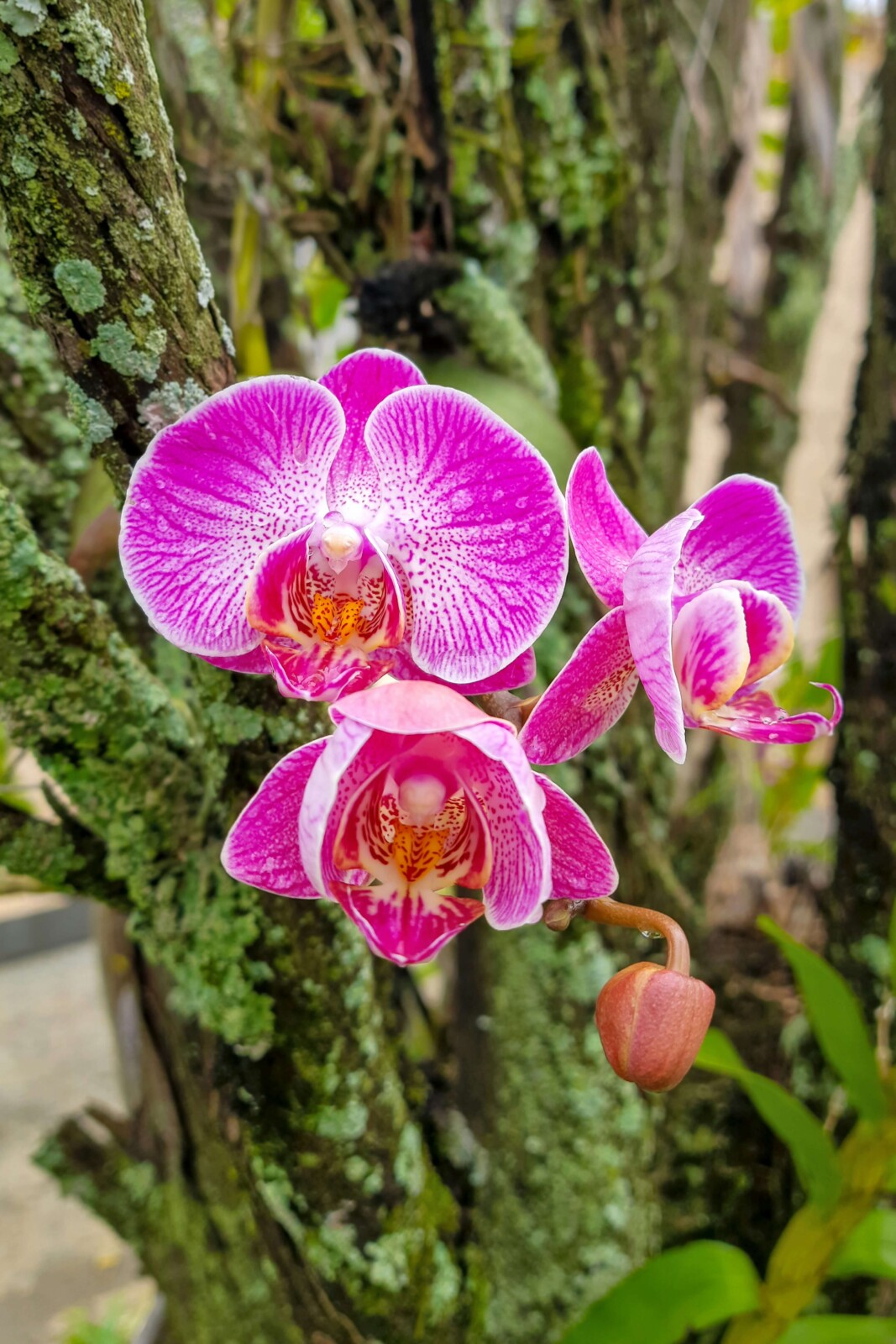Recent Posts
-

The lower half of my grandmother’s apartment window was filled with African violets. Occasionally, she accidentally broke off a violet leaf when she watered or rotated the pots, but she just stuck it into another pot, and it grew into a new plant. I thought she was magical. My grandmother wasn’t magical, but she could…
Posted in: ANR -

The National 4-H Shooting Sports Championships is an annual event that brings together youth from across the United States to compete in various shooting disciplines. The competition typically includes events in archery, rifle, shotgun, muzzleloader, and pistol. Participants qualify for the national championship through state-level competitions and must demonstrate not only shooting proficiency but also…
Posted in: 4-H -

Ventilation is important for a healthy home, and it is one of the functions of the HVAC system: Heating, Ventilation, and Air Conditioning. This forced air system pulls air into the heating or cooling unit, changes its temperature to reach the setting of the thermostat, then blows the air to different rooms through ducts. Filters…
Posted in: FACS -

Take a walk around your neighborhood, a county park, or a natural woodland, and the chances are high that you’ll encounter at least one invasive plant species. Invasive plants, insects, and animals are introduced both intentionally and accidentally. When they escape into nature, they become bad actors, causing ecological problems by outcompeting or consuming native…
Posted in: ANR -

According to the Georgia Department of Agriculture, Controlled Environment Agriculture (CEA) is the fastest growing agribusiness sector in Georgia. CEA is an indoor produce growing system through which farmers control light exposure, temperature, humidity, and other plant growth factors while minimizing the damaging effects of severe weather and pests. The need for alternative growing options…
Posted in: ANR -

’ve always considered hydrangeas a staple of southern landscapes, so I was delighted to discover one in the backyard last spring after Beloved Husband cleared a jungle of invasive, non-native privet. Free from the suffocating privet, the small bigleaf hydrangea (Hydrangea macrophylla) pushed out a few lovely, blue blooms. I pruned it a bit after…
Posted in: ANR -

Three years after its debut, the Georgia Green Landscape Stewards program is expanding throughout the state with the assistance of University of Georgia Cooperative Extension Master Gardener volunteers. Launched in 2021 by Camden County Agriculture and Natural Resources agent Jessica Warren and Martin Wunderly, area water agent for UGA Extension’s Northeast District, the program provides fact-based…
Posted in: ANR -

Summer is the season for picnics, cookouts, and tailgating parties where food takes center stage. While we’re enjoying the fun and fellowship, we still need to prioritize food safety to keep bacteria from making anyone sick. At temperatures between 40° and 140° Fahrenheit, bacteria on food can multiply rapidly, potentially doubling every 20 minutes. As…
Posted in: FACS -

First, I filled a tub with orchid bark potting mix and water, allowing the bark to become saturated before adding it to the new pot. The chunky size of the bark allows for good drainage and plenty of air around the roots. Then I removed the orchid from the tiny container. The roots had spiraled…
Posted in: ANR -

I recently visited the State Botanical Gardens in Athens where orchids are featured throughout the tropical Main Conservatory inside the visitor’s center. With an estimated 28,000 species in more than 800 genera, orchids are believed to be the largest and most diverse family of flowering plants. Here are some more amazing facts about orchids. Orchids…
Posted in: ANR